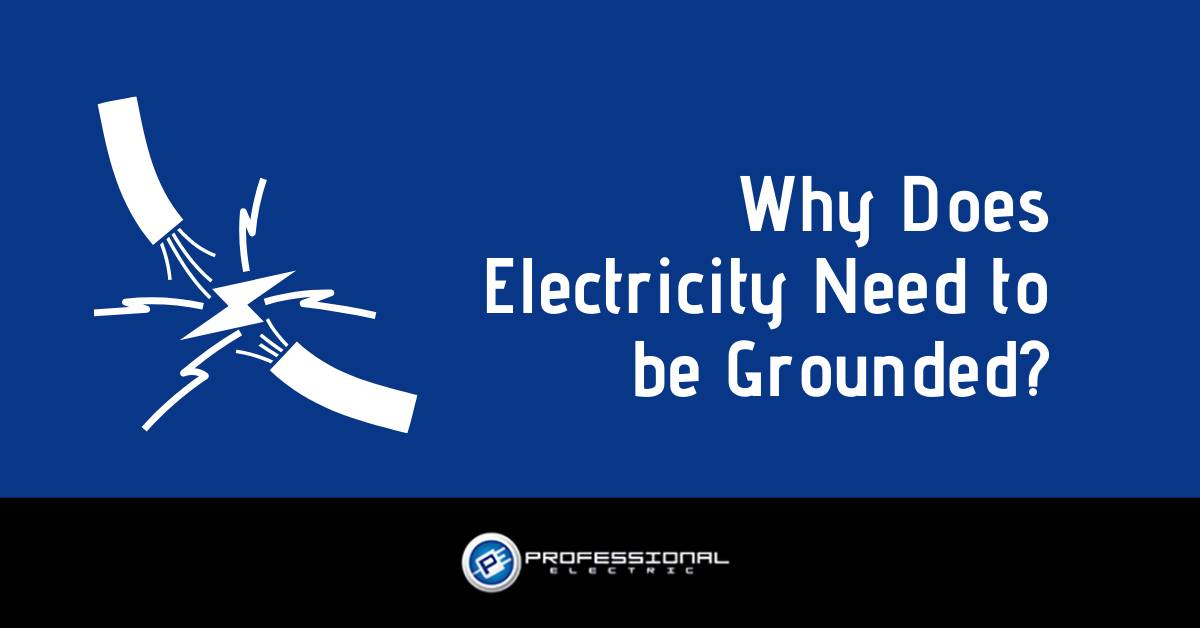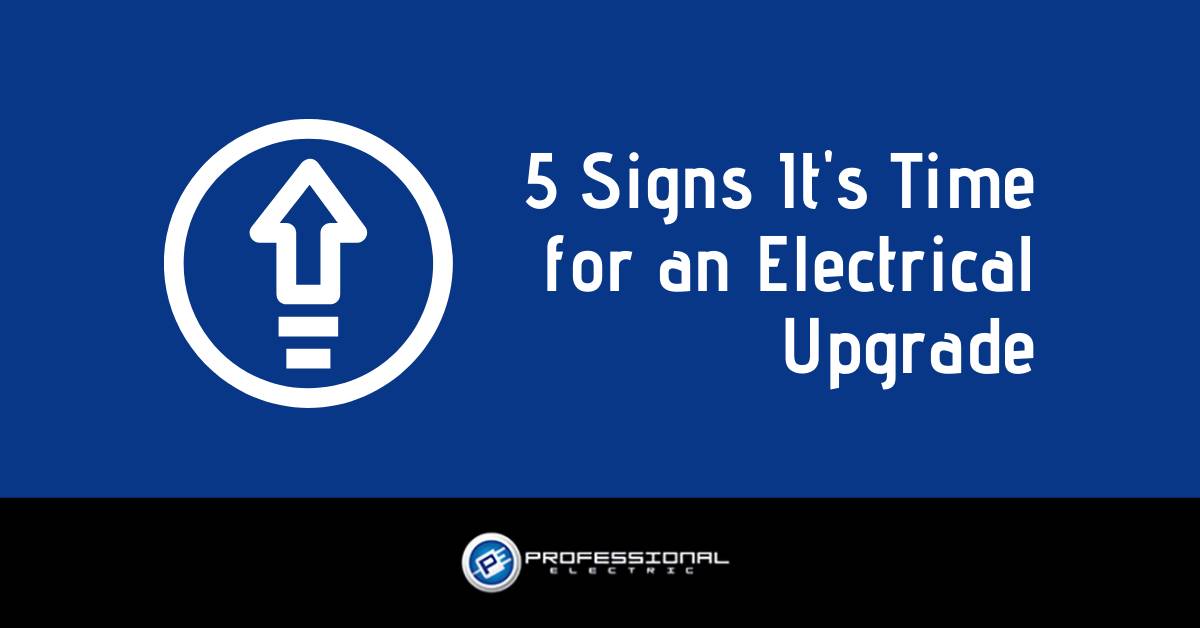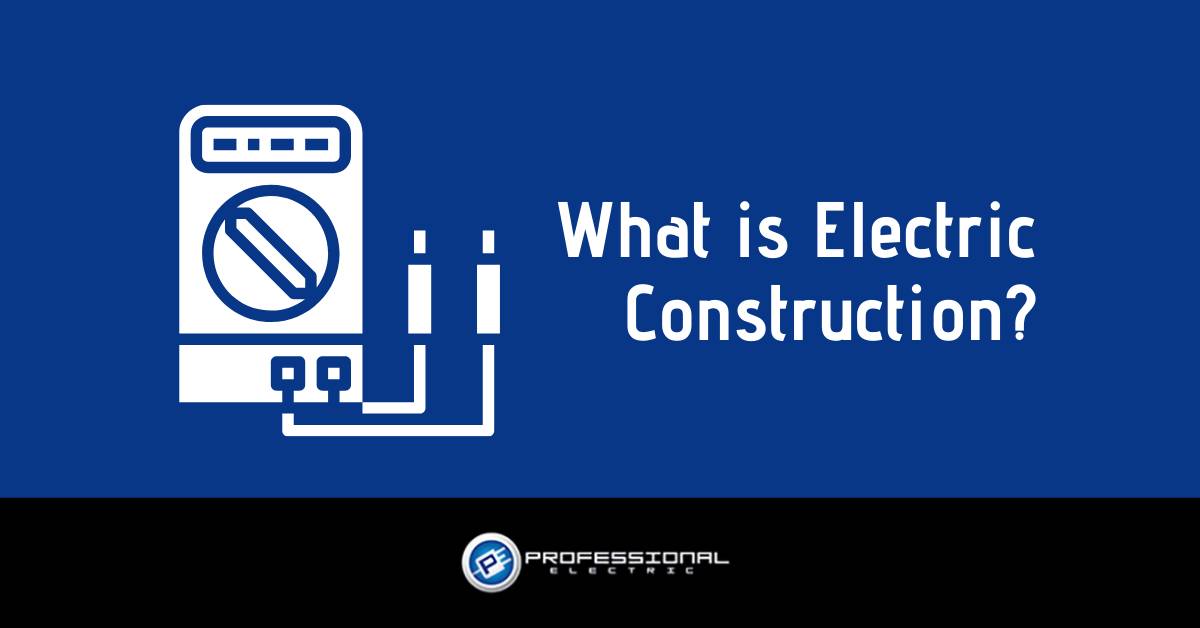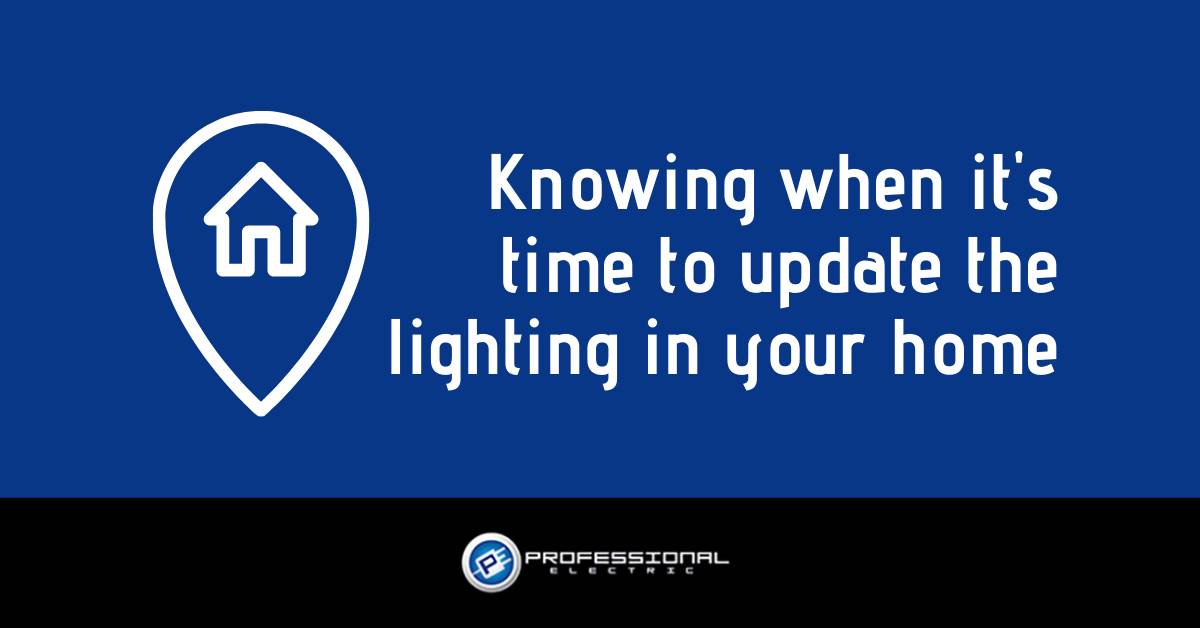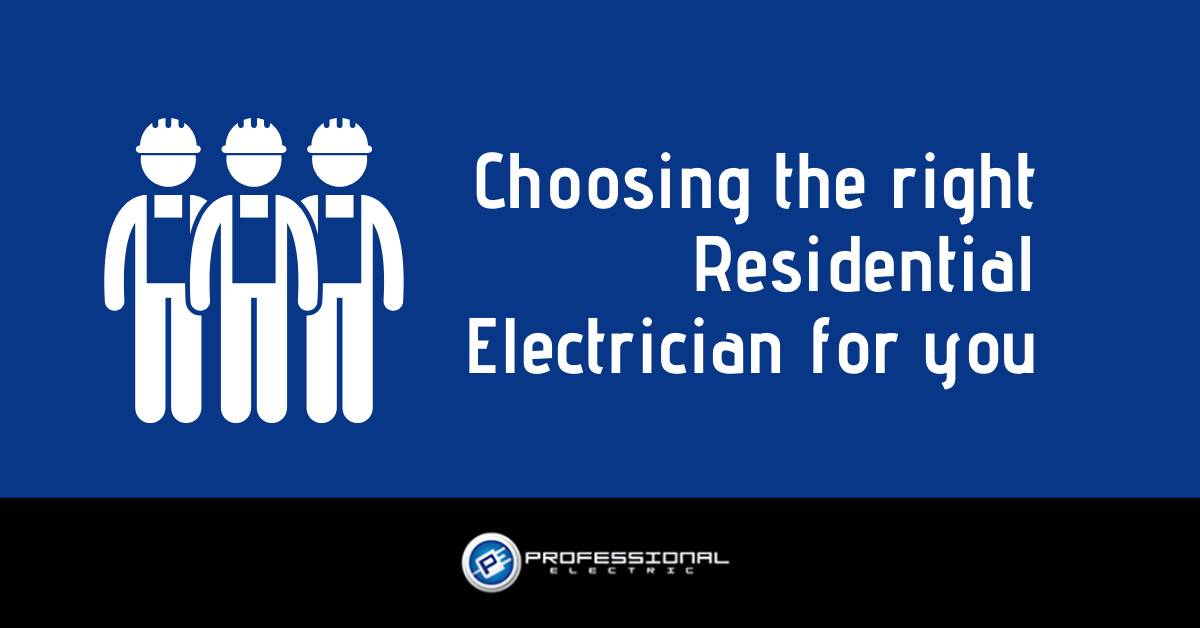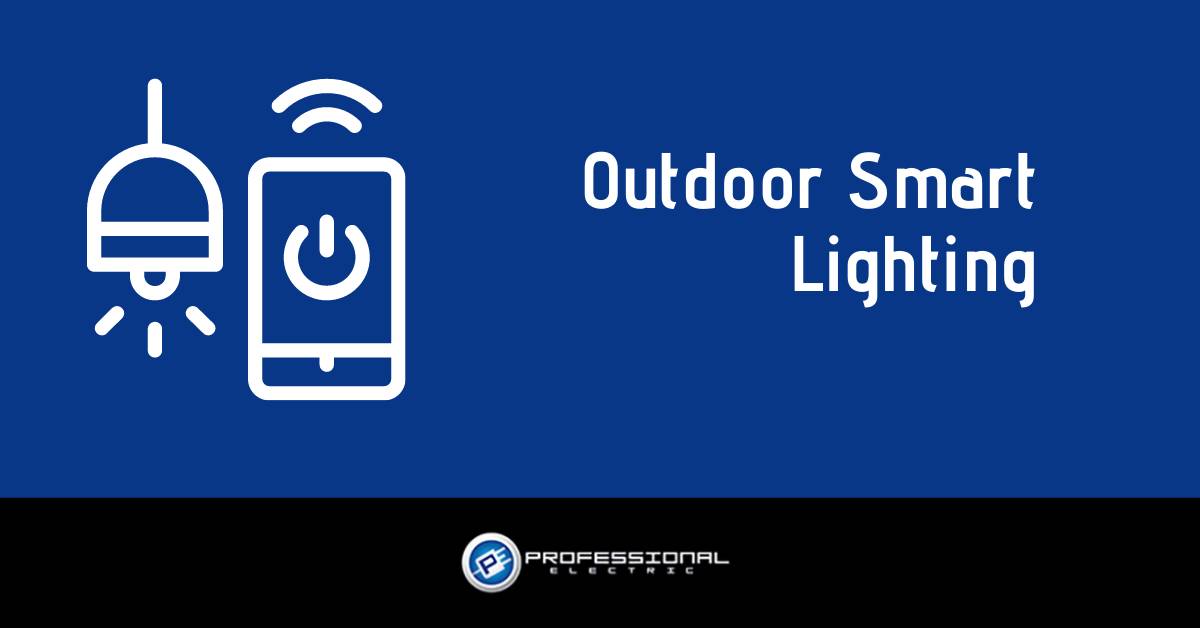Before understanding why electricity needs to be grounded, it is important to understand how electricity runs throughout your home. There are two types of wires that are needed to complete a circuit to carry electricity. There is a ”hot” wire, which is typically a black wire, that carries a negative charge and there is a “ground” wire, which is usually gray or white, that carries a positive charge. The “ground” wires are connected to your outlets.
What if my “ground” wires are failing?
The electric system is designed to get rid of negative energy into the part of the earth in which your house is built. The ”ground” wires have the job of returning this energy into the ground. The negatively charged wires attract the positive charge, allowing for safe energy flow throughout your home. If your “ground” wires are failing, your electrical system should have a plan to prevent short circuits or electrical fires. Wires, called “grounding” wires, should run parallel to the “hot” and “grounded” wires, as an alternative route for electrical currents.
How do I identify “grounding” wires?
One of the easiest ways to identify “grounding” wires is to look at your outlets. If your outlet has a third, round prong plug-in, it is indicated that you have a system of grounding wires. If most of the outlets in your home do not have the third slot, there is a chance that your electrical system does not have a grounding contact.
What could happen if my house isn’t properly grounded?
If your home is not grounded, your appliances could pass electricity through your body as a negative charge outlet to the ground, this is the result of electrocution. Electrical fires are another possibility of having a home that is not grounded. Although new codes require household electrical systems to be grounded, older constructed homes may not have been required. One of the most common electrical mistakes is the failure of groundwater lines. This could allow electricity to run through your water pipes. The best way to make sure that you’re home is safely grounded is to have a safety inspection performed on your home.
What if I need an electrical home safety inspection?
Schedule your safety inspection with Professional Electric today by calling (251) 473-5788 or online at professionalelectric.biz. We will be glad to help you with any questions or concerns that you may have.

